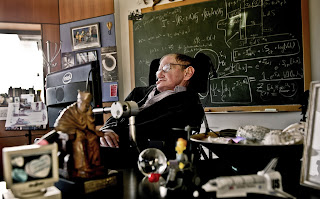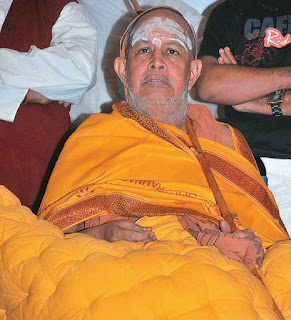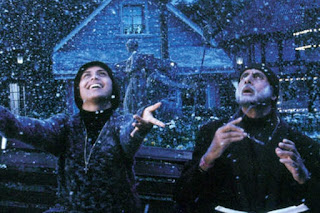Jottings - Slice of life - 200 ( Dr Stephen Hawking - an extraordinary life in science (1942 - 2018 and evermore)

Jottings - Slice of life - 200 ( Dr Stephen Hawking - an extraordinary life in science (1942 - 2018 and evermore) Sir Isaac Newton said “ If I have looked further than others, it is by standing on the shoulders of giants”. This statement stands completely vindicated in the frail, ill man - Dr Stephen Hawking, who occupied his professorial chair in Cambridge for 30 odd years from 1979. Dr Hawking certainly looked much, much further and deeper into the mysteries of the Universe than his venerated predecessor ever had a chance. In his death yesterday, it was not merely a glorious life in science that ended, but with him ended a personality who epitomized resilience, audaciousness, an indomitable sense of will, purpose and curiosity. After Albert Einstein’s path breaking view of time and space in early 20th century and his search for an unified theory, it was Stephen hawking who picked the gauntlet, and strode ahead . The work Einstein had left unfinished was advanced a great deal by t



